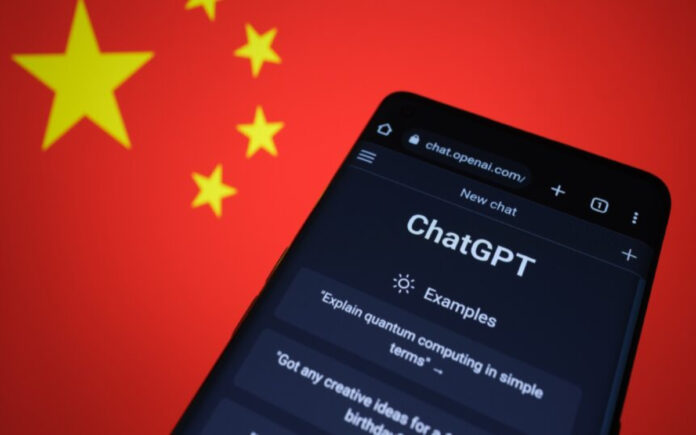New York: OpenAI has announced plans to block users in China from accessing its ChatGPT services, a move set to take effect on July 9. Despite not officially offering its services in China, the organization has observed users and developers accessing ChatGPT via its API.
According to a report from the Securities Times, OpenAI has begun notifying Chinese users via email about the impending block, highlighting a shift in its enforcement of regional access policies.
“We are taking additional steps to block API traffic from regions where we do not support access to OpenAI’s services,” an OpenAI spokesperson confirmed to Reuters. This decision is expected to impact numerous Chinese startups that have integrated OpenAI’s advanced language models into their applications.
Also Read | Australia’s Diplomatic Victory: How Julian Assange Gained His Freedom
While OpenAI’s services are available in over 160 countries worldwide, China has not been included due to regulatory considerations and geopolitical tensions. The company’s guidelines stipulate potential blocking or suspension for users attempting to access its products from unsupported regions, a policy now being implemented more rigorously.
The timing of this decision coincides with broader geopolitical dynamics, including heightened scrutiny from Washington on American tech companies’ engagements with China. Earlier, OpenAI disclosed halting covert influence operations originating from China, underscoring its response to global security concerns.
Also Read | Russia and US Discuss ‘Situations Around Ukraine’ by Phone
The move to block API traffic could pose challenges for Chinese tech innovators reliant on OpenAI’s technologies, forcing them to seek alternative solutions amidst potential service disruptions. Despite significant interest in OpenAI’s capabilities within China, navigating the regulatory landscape and international tensions remains complex.
As July 9 approaches, Chinese users and developers face adjustments in accessing AI technologies, potentially prompting a shift towards domestic alternatives or exploring ways to circumvent the restrictions.



